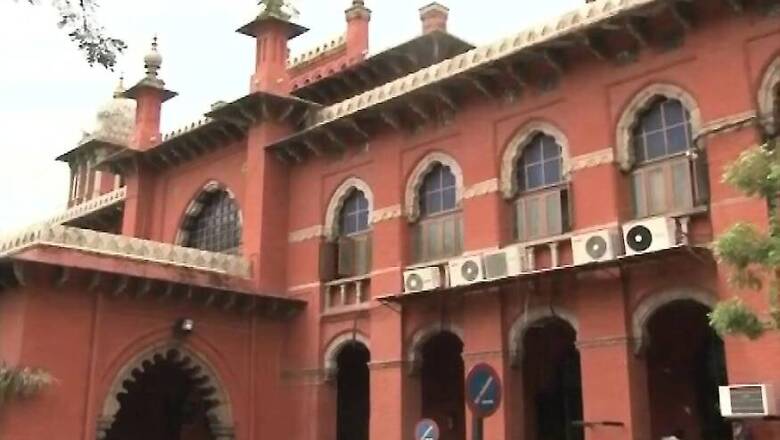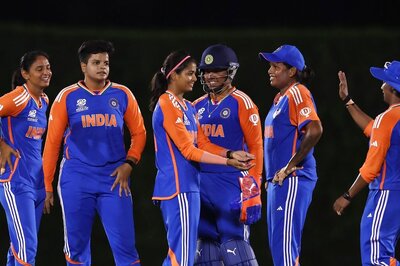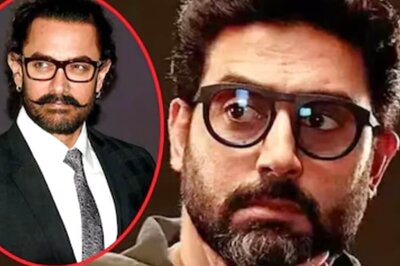
views
Chennai: Madras High Court has refused to stay three regulations of Telecom Regulatory Authority of India (TRAI) pertaining to access charges levied by owners of cable landing stations, where submarine cables providing international connectivity terminate.
A bench comprising Acting Chief Justice Huluvadi G Ramesh and Justice RMT Teeka Raman declined to pass the interim order on appeals by Tata Telecommunications Ltd and Bharti Airtel against a single Judge's order dismissing their challenge to TRAI regulations of 2007, October 2012 and December 2012.
The matter has got wider ramifications on the perspective of the consumers and on the financial aspect and therefore it would be wholly unsafe to pass any interim orders at this point of time, the bench held yesterday.
The court posted the appeal to April 17 for hearing.
The matter relates to charges levied by Cable Landing Stations (CLS) through which submarine cables which provide vital international communication between countries across the world terminate in India on the seashore.
Of the 16 CLS in the country, eight are owned by Tata Telecommunication, four by Bharti Airtel and the rest byTCL, Reliance and BSNL.
TRAI by the three regulations had reduced the access facilitation charges levied by the CLS owners to 1/10th of the existing rates following complaints that the charges by the petitioner firms were excessive.
The regulator had said the rate cut would ultimately benefit the internet users.
This was challenged by both the TATA Telecommunications and Bharathi Airtel on the ground that the TRAI had no power to fix or amend the charges and they were not service providers.
A Single Judge had dismissed their petitions. Hence the present appeals were filed.
When the appeals came up for hearing, counsel P Chidambaram representing Tata Telecommunication Ltd argued that CLS was an infrastructure and that his client was not a service provider. Therefore, TRAI had no power to regulate them.
He also contended that the company had established the CLS at huge cost and therefore, had absolute right to fix access charges.
P Wilson appearing for TRAI submitted that the three regulations were in the nature of subordinate legislations and hence the Constitutional presumption of validity was in their favour.
He submitted that the legislative will should not normally be put under suspension pending court consideration.
He said the petitioners were refusing to comply with the December 2012 regulations and duopolising the whole market making difficult of broadband penetration in the country.
He submitted that when public interest was involved, the commercial interest of these two operators has to take a back seat and prayed that the regulations should not be stayed.



















Comments
0 comment